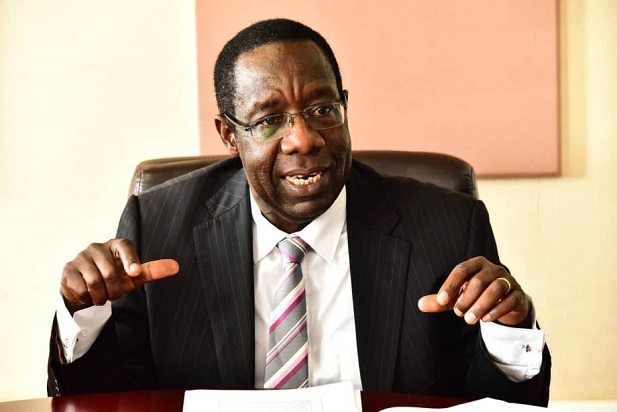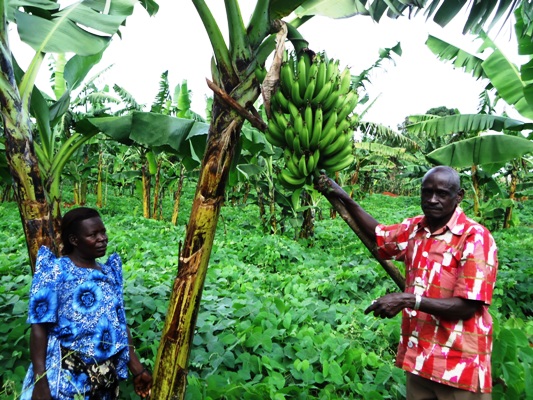Chairperson Finance Committee Chairperson, Keefa Kiwanuka
MPs on Parliament’s Finance Committee have requested Parliament to approve Government’s proposal to buy shares worth Shs202.13bn into Roko Construction Company.
However, MPs say the Company shouldn’t use taxpayers’ money on special meals and travelling business class as has been the norm.
While presenting the Committee’s report on the motion seeking to purchase 150,000 shares at a cost of Shs202.13bn, Keefa Kiwanuka, the Chairperson Finance Committee, announced a number of conditions that have to be fulfilled before the agreement between Roko Construction and Government is signed.
“Finally, the committee recommends that the SSA (Share Subscription Agreement) should be amended to include provisions prohibiting the company from extravagance such as traveling business class, special meals, end of year parties and paying of bonuses. Such actions promote wastage of resources and also limits the company learning from its past and benefiting from the bailout,” Kiwanuka said.
The Committee also wants Roko’s financial position audited as a condition precedent to signing the Share Subscription Agreement (SSA).
“The Committee strongly recommends that ROKO should be expeditiously audited, as condition precedent, a signing the SSA by our Auditor General to especially look at and certify their material assets, debtors, creditors, governance and management,” remarked Keefa.
After bailout, the Committee wants the Agreement amended to include reporting arrangements to parliament on the performance of the company every after six months and to ensure that Government prioritizes payments of all outstanding arrears to contractors and that payments for work executed by contractors, is paid promptly, to mitigate the impact of cash flow constrains as a result of delayed payments.
In defence of the decision to bailout Roko, Keefa who doubles as Kiboga East MP, said that the Committee carried out a business case analysis for the bailout and concluded that it makes business sense to bailout Roko because the refusal to do so would potentially have severe macroeconomic impact on the company.
“It is in public interest that ROKO should be bailed as ROKO is still commercially viable to return to its old glory. There may be issues weighing against a bailout. However, we believe that in order for ROKO to remain afloat, it is the opinion of the Committee that the proposal made by government should be adopted and government acquires the preference shares and as amended above, in ROKO,” said Keefa.
According to Keefa, Roko is still commercially viable due to the fact that the Company has signed contracts worth Shs1.064Trn and contracts in the pipeline being negotiated worth Shs1.204Trn and Roko should be able to return to normalcy with the government injection of cash as preference shores.
“The Committee is also persuaded by the cash flows received and analyzed which shows that once the US$42 million is injected, the company’s free cash flow will increase 12 fold by the end of five years. So, government acquisition of shores in the company should greatly change the company’s financial position,” Keefa argued.
The Committee also scrutinized reasons behind Roko’s financial woes citing the delayed payments on major projects, failure to refinance expensive shilling loans with cheaper dollar external finance; impact of the Covidl9 pandemic on the construction industry and the weak corporate governance and management at the company.
As of the 31st May 2022, ROKO’S debts were equivalent to Shs202.419Bn and ROKO had contingent liabilities from Bank guarantees worth Shs130.903Bn, debts to Financial institutions of US$ 35,716,989 and Shs20.713Bn concentrated in three local bonks namely; DFCU Shs49.45Bn, ABSA Shs30.4Bn and Bank of Baroda Shs11.5Bn.
It also includes Bank Guarantees issued for ongoing Projects amounting to Shs134.943Bn which would be retired as Projects are executed and dues to local suppliers worth Shs46.767Bn.





